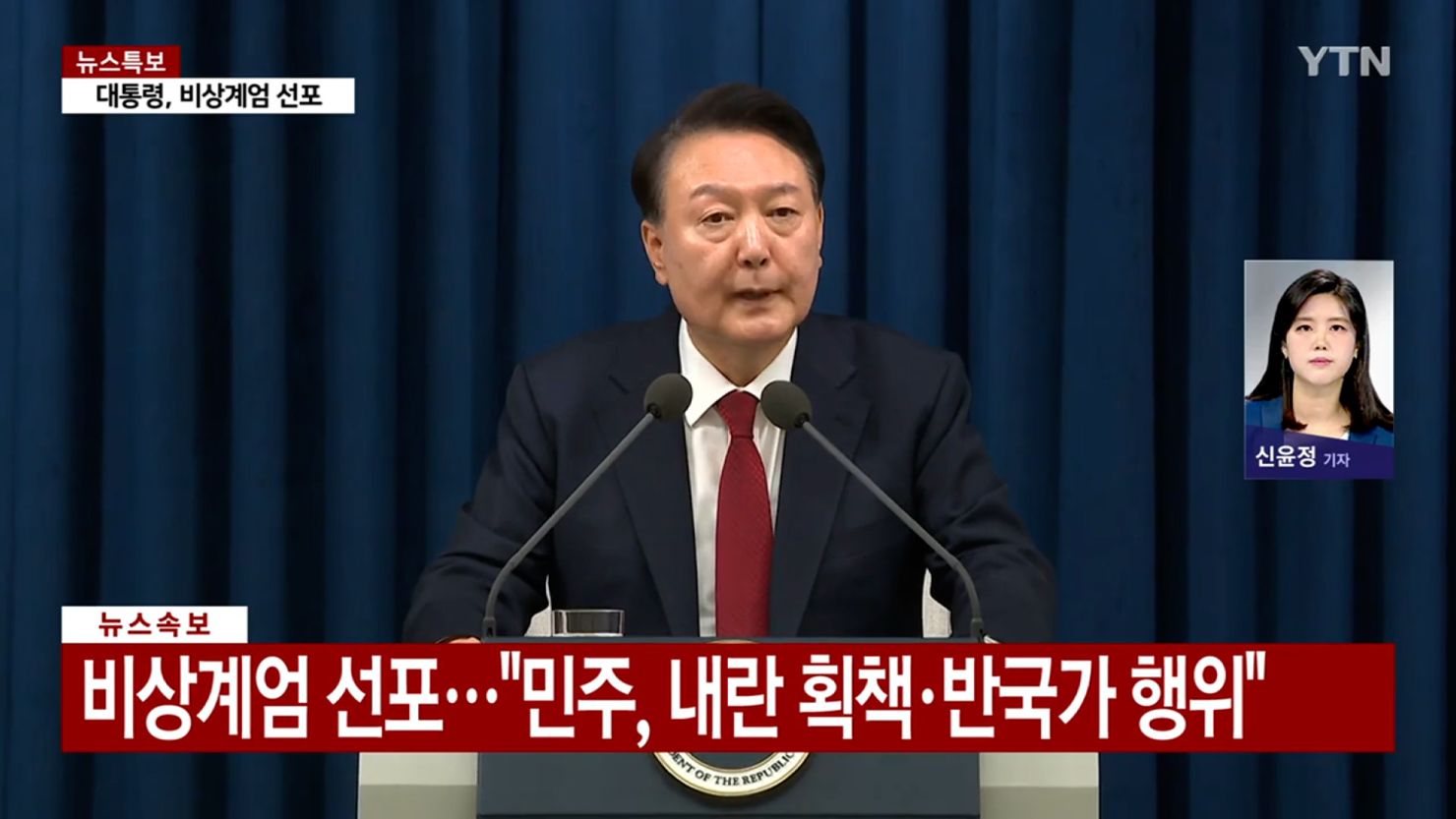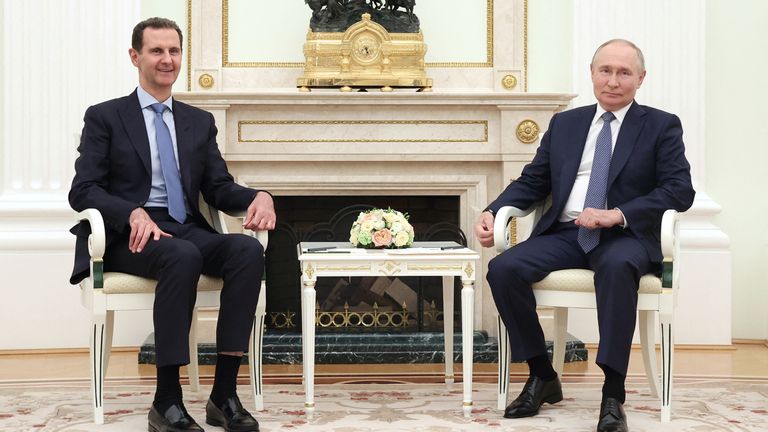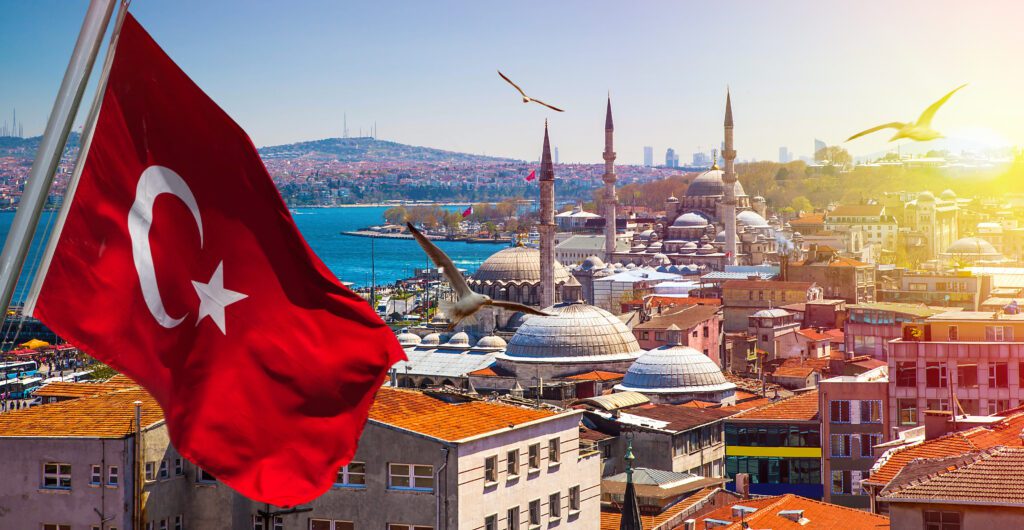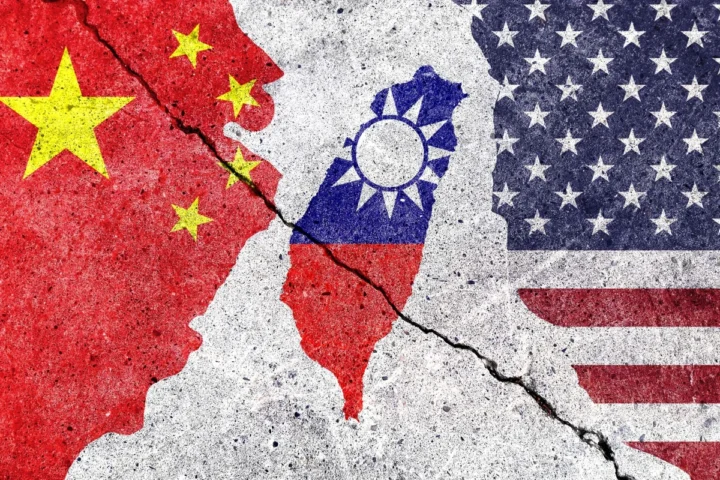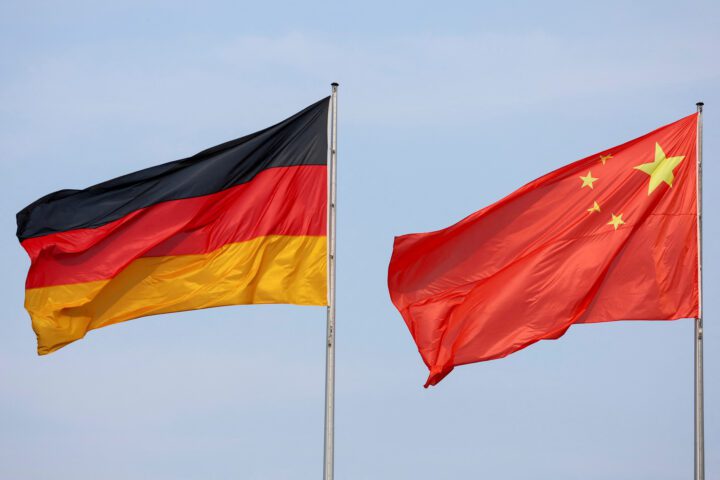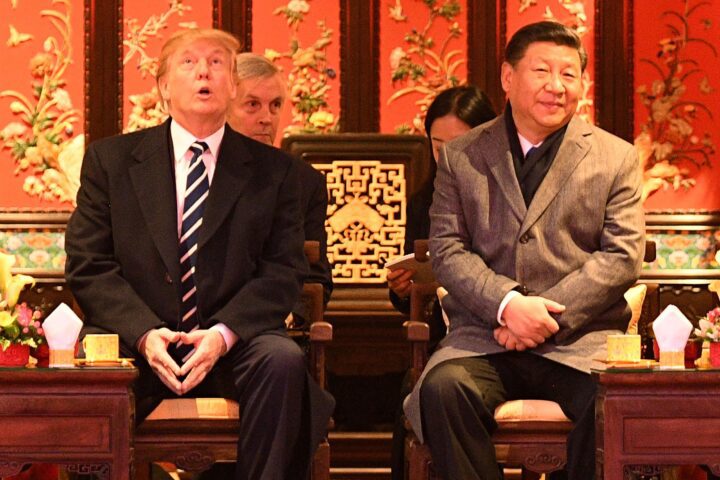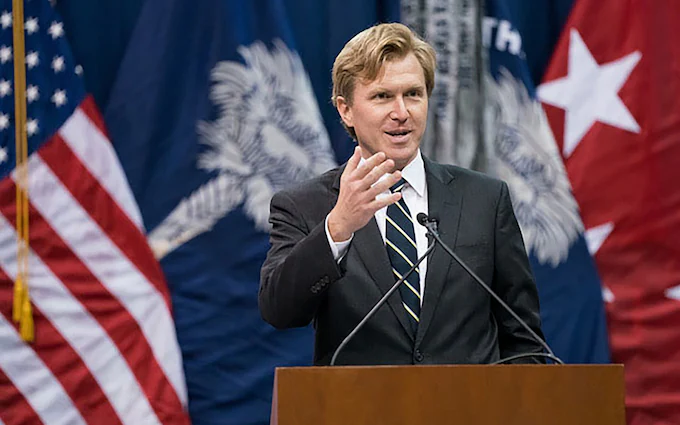In a defiant speech, South Korea’s President Yoon Suk Yeol has staunchly defended his controversial martial law decree. Despite facing immense pressure from the opposition, who are pushing for impeachment, and even his own party’s demand for his resignation, the President has pledged to “fight to the end.”
The Political Quagmire
This crisis arises in the backdrop of South Korea’s complex political landscape, characterized by deep-seated partisan conflicts and an increasingly polarized public. Yoon, a former prosecutor, took office in May 2022, promising a break from the past and a new era of transparency and accountability. However, his martial law decree, seen by critics as a drastic step, has plunged his presidency into a tumultuous phase.
The Martial Law Decree: A Necessary Evil or a Step Too Far?
The President’s decision to impose martial law has been a contentious point. Critics argue that it marks a dangerous return to South Korea’s authoritarian past, while supporters claim it is an essential measure to maintain national security amidst escalating tensions with North Korea.
However, the statistics tell a different story. As per data from the Korean Institute for National Unification, North Korea’s military activities have indeed increased. They recorded 17 missile tests in 2022, compared to only 12 in 2021. Yet, it remains unclear if this uptick warrants a martial law decree, especially considering the potential implications on civil liberties.
Expert Opinions and International Observations
Experts have expressed concern over President Yoon’s move. Dr. Jin Park, a professor of political science at Seoul National University, argues that “the martial law decree, while potentially justified on security grounds, has opened a Pandora’s box of political and constitutional issues.”
Internationally, the decree has also drawn criticism. The United Nations’ Special Rapporteur on the situation of human rights in North Korea, Tomás Ojea Quintana, has urged South Korea to reconsider, suggesting that such a decree could exacerbate rather than alleviate tensions.
The President’s Defiant Stance
Despite the mounting pressure, President Yoon is unyielding. He argues that his decree is not about clinging to power but protecting the nation. He has accused the opposition of “playing politics” at the expense of national security and vowed to stand his ground.
The Way Forward
The current situation puts South Korea at a crossroads. On one hand, the threat from North Korea cannot be overlooked and necessitates strong countermeasures. However, the martial law decree raises serious concerns about democratic values, human rights, and the rule of law.
The key to navigating this dilemma might lie in a more nuanced approach that balances national security with respect for democratic norms. This could involve strengthening defense capabilities, enhancing intelligence cooperation with allies, and employing diplomacy to de-escalate tensions with North Korea.
President Yoon’s defiant stance in defending his martial law decree, amid calls for his impeachment and resignation, highlights the intense political climate in South Korea. The controversy underscores the delicate balance between national security and democratic values, a balance that South Korea, and indeed other nations, must strive to maintain.
